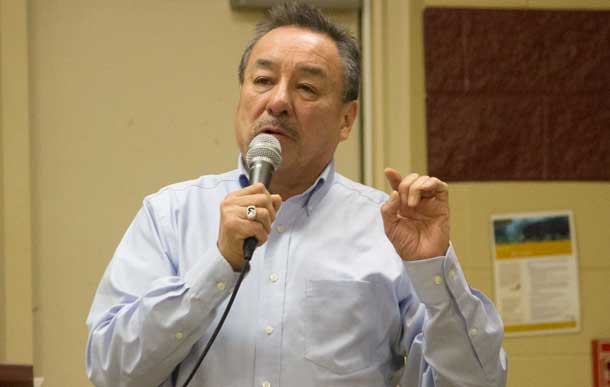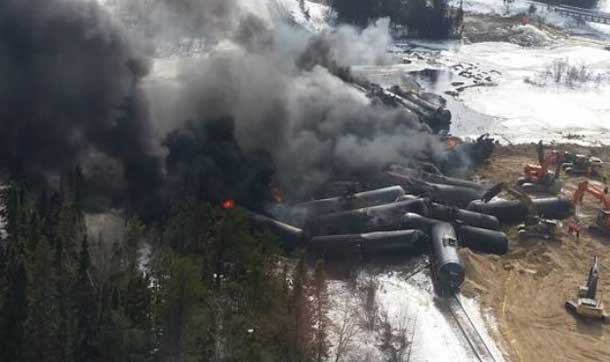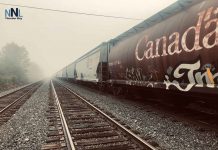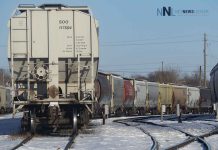
THUNDER BAY – Ontario Regional Chief Stan Beardy is calling Canada’s ways of getting oil to market in direct conflict with Indigenous rights and public safety after a second devastating oil spill this past weekend on Mattagami First Nation territory, the third CN derailment in northern Ontario in less than a month and the second near the First Nation community within three weeks.
“As the fifth largest oil producing country in the world and the largest single source of oil imports into the United States, Canada utilizes an aging and climate change affected pipeline and rail transportation network that crosses First Nations territories-we are tired of being pawns in Canada’s addiction to oil,” said Ontario Regional Chief Stan Beardy.

While calls for cooperation between Mattagami First Nation, Canadian National Railway and the federal and provincial governments seem to be heeded on the investigation, mitigation and monitoring of the spill sites-Mattagami First Nation is not assured that their homelands have not suffered irreparable damage. After the first derailment, the people of Mattagami were advised to refrain from eating fish from the creek adjacent to the rail line which is a tributary to the Upper Kasasway Lake and Mattagami River Watershed. “The relationship with the land as cuts right to heart of being a First Nations person-this makes me terribly saddened for not only the people of Mattagami, but the waters, ground, trees, plants and animal life affected,” stated Regional Chief Beardy.
“Canada’s transportation policy and regulations on pipelines and railways are putting First Nations and the environment at major risk and are infringing on our ability to exercise our Treaty, and other rights,” stated Regional Chief Beardy. “19th century infrastructure and railway history is founded on colonization, in fact, the building of the Intercolonial Railway was a condition written into the Constitution Act, 1867. Nowhere in history did Indigenous people in Canada give their free, prior and informed consent (FPIC) to building railways and pipelines and today our people and environment suffer the consequences for that and still ignored on our right to provide our FPIC,” he added. Currently, no provisions are in place to notify or consult First Nation communities about the transportation of hazardous material like crude oil, spent fuel, and other radioactive material shipped through their traditional territories. This is in direct contravention of the government’s duty to consult and accommodate First Nations.
First Nations in Ontario have expressed anger and concern about the derailments taking place in the Province over the past month. Treaty regions will be meeting this Thursday to finalize a strategy to address concerns with some recommendations already coming forward from First Nation leadership.






